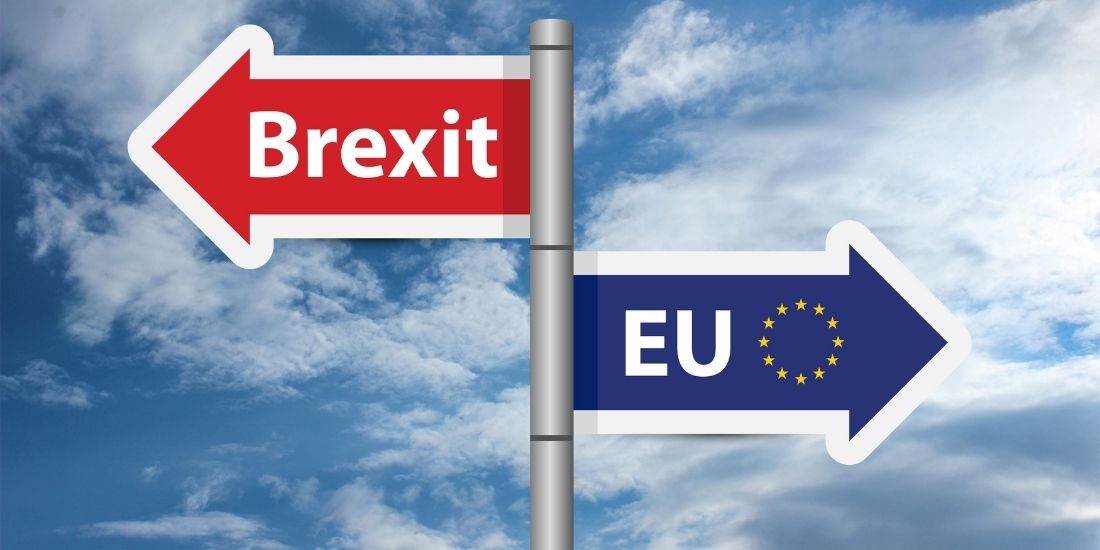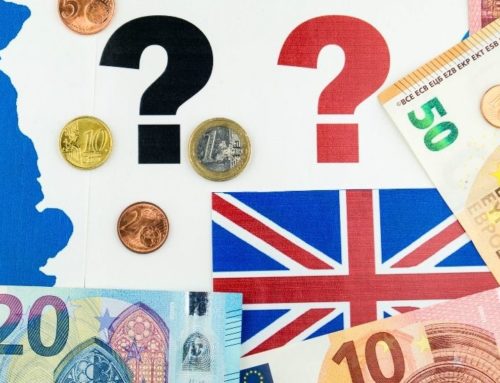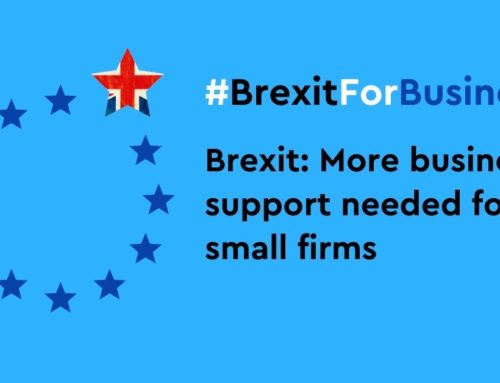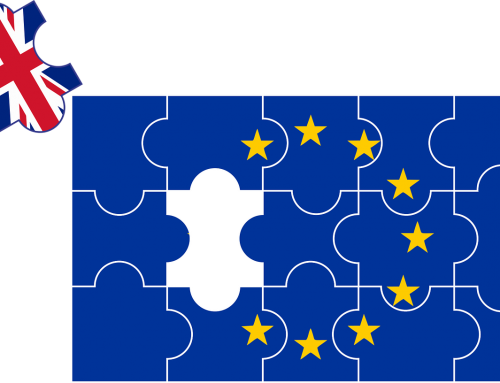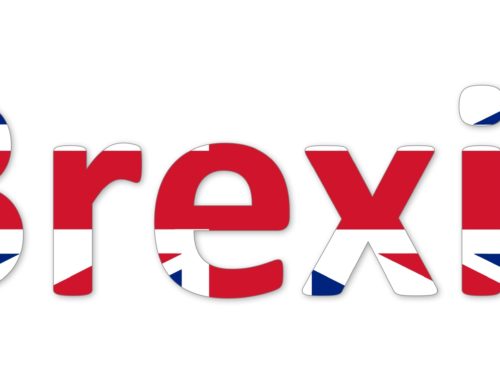The UK left the European Union as of 31st January 2020, however, the impact of this withdrawal on businesses was delayed until the end of the transition period, 31st December 2020. While within the transition period, the UK is still in effect a member of the single market and customs union and as such normal rules apply.
With the end of the transition period fast approaching, any business that trades with the EU should familiarise themselves with the changes which are due to be implemented from 1st January 2021.
In this respect UK businesses should consider two main aspects of trading with EU post-1st January 2021:
- Firstly, irrespective of whether the UK and the EU agree a Free Trade Agreement there will be significant changes as to how businesses both import and export goods between the UK and EU Member States.
- Further to this, UK businesses should also clarify their duty position should a Free Trade Agreement not be agreed.
Brexit: Tips for Importers
On the end of the transition period and the UK leaving the Customs Union, there will be many things for importers to consider that they may not have had to take into account before.
- Specifically with regards to imports, a temporary easement period will apply which [dependant on the relevant goods] allows how businesses can choose to customs clear goods. This easement lasts until 30th June 2021 for most goods.
- UK businesses receiving goods from EU countries will be required to complete import declarations but conversely there will be the requirement for export declarations to be submitted for the export from the EU.
- Businesses should consider their supply chain with their suppliers, including who will be the importer of record and who will make these declarations, i.e. clearance agent, bureau, or the business itself?
- If the business intends to complete the declarations itself there may be grant funding available for the training and recruitment of staff and the upgrading of IT systems to enable a business to complete the required documentation.
- If a business fails to complete the necessary declarations at the correct time and in the correct way there could be both financial and practical implications that would negatively affect business operations.
Brexit: Tips for Exporters
As with importers, there will be a wealth of new considerations for UK-based exporters on the conclusion of the transition period.
- One such consideration is that each export to an EU Member State will require an importer in the country of ultimate destination.
- It is possible for the EU customer themselves to act as the importer although this will require them to arrange customs clearance and potentially pay the duty which may act as a barrier to trade.
- Alternatively there are circumstances by which the EU customer could act as the importer of record but the UK exporter meets the duty and clearance costs, removing this potential barrier although the EU customer is still legally responsible for the declaration.
The most desirable option for EU customers would be for the UK exporter to act as the importer themselves, although this would require the UK business to obtain EU VAT registration and comply with EU legislation in relation to clearance.
What to do next?
It is important not to leave it until the last minute to focus on the fast approaching 1st January deadline.
Prepare your business now for the UK exiting the European Union, enabling a smooth transition and minimising any potential disruption.
How can we help?
Please do not hesitate to contact us, as our VAT/Customs Duty experts can guide you through the steps that need to be taken to ensure that your business remains VAT/Customs Duty compliant in advance of 1st January deadline which in turn should help towards keeping goods moving.


